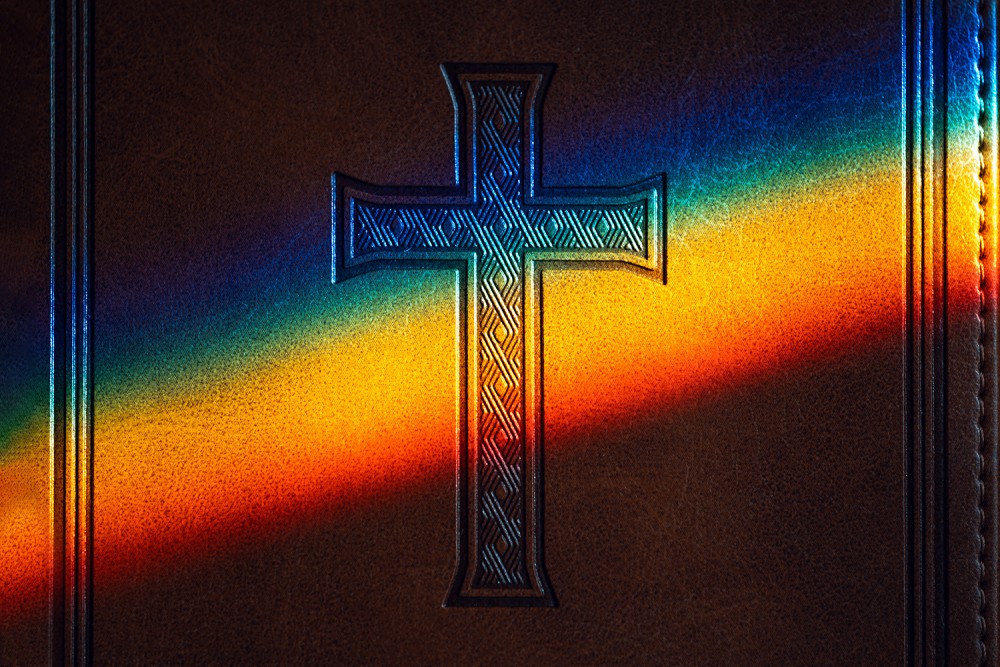The hope I’ve arrived at
I used to put a positive spin on everything. The effort didn’t serve my children—or my own heart.

(Photo: D-Keine / iStock / Getty)
Maybe I’m naive to think that parenting young adults was easier in the past than it is now. Maybe the business of launching our beloved babies out into the big wide world has always been fraught and painful. All I know is that this moment—this moment of climate peril, mass shootings, political brokenness, war, economic uncertainty, failing civic institutions, violent and racist rhetoric, and death-dealing loneliness—feels like an especially hard one to navigate as a mother. Specifically, it feels like a hard one to navigate with hope.
When my children were younger, my go-to response when they came to me with fear, anger, or grief about their future was to emphatically contradict them. To offer them a carefully curated version of, “Oh no, it’s not that bad. It could never be that bad—here’s why!” Those conversations routinely drained me, because deep down I knew that I was operating out of panic. I assumed that my faith required me to put a positive spin on even the bleakest things. Also, I wanted to spare my children pain. So I wore myself out bending their lived reality into pretzels to make it prettier, more palatable, and more “Christian.”
It took me a long time to recognize that I was serving no one with these efforts. Not God, not my children, and not my own heart. What I was offering my kids was not hope; it was denial. It has taken me even longer to understand that whatever hope entails now—in the shadow of America’s failing democracy, at a time when students coming out of college and even graduate school can no longer find jobs or afford homes, a time when young adults are increasingly opting out of starting families because they are legitimately terrified of climate collapse—it simply cannot entail a Pollyannaish minimization of what is real and true. Even if what is real and true is terrifying.




